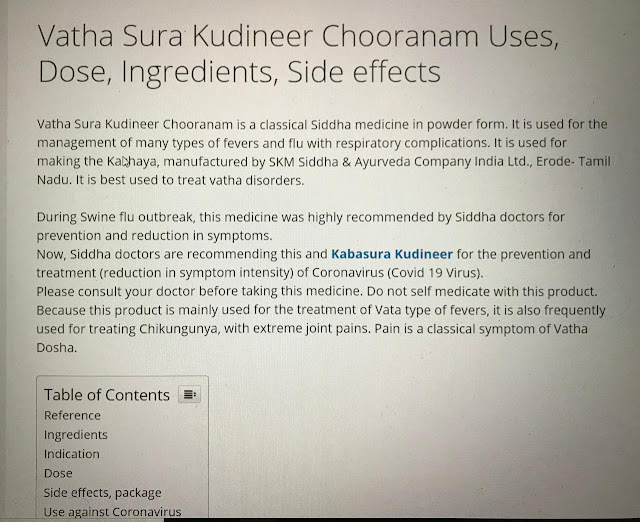Pumpkin
Because of its delicious and perfumed taste, the pumpkin is a favorite for many people. It is a vegetable with many uses: used as a basis for food, an ingredient for sweets and medicine, pumpkin is well known because of Halloween, when it is carved in the shape of a face and lit with candles to banish evil spirits.Description
Being an annual, herbaceous plant, cultivated for its fruit, flowers and seeds, pumpkin has a flexible and climbing stem. Its leaves are big, heart shaped, with well marked nerves. Its flowers are yellow and pulpy. The fruit can be oval or spherical, of a green or intense orange color. The fruit�s pulp is of a yellowish-orange color, dense with a sweet taste.Properties
Having a yellowish-orange color, pumpkin is rich in anti-oxidants and beta-carotene. Beta-carotene is a vitamin that can be converted by the body into vitamin A. This helps the body in its process of regeneration, slowing down the aging process. Pumpkin pulp contains vitamins, especially pro-vitamin A, vitamins E and C, salts and minerals, carbon hydrates, and proteids. The seeds contain oil, proteids, resines and enzymes with antihelmintic properties. The pumpkin�s core contains lecithin, tyrosine, peporesine, phosphorus and vitamins B and A.Treatments
Pumpkin seeds contain the strongest therapeutic effects. These help in eliminating intestinal parasites, cleaning blood vessels, adjusting cholesterol level and stimulating kidney activity.In treating cancer, leukemia, sclerosis, or various diseases which are hard to cure, pumpkin seeds have an energizing role.
The vegetable has a laxative action, being useful in case of dyspepsia and constipation. Fried pumpkin is healthy for those who suffer from heart diseases.
Pumpkin juice is indicated for ulcer and high acidity. It has to be drunk three times a day, half an hour before meals. It is also useful in cases of insomnia, having sedative properties.
Pumpkin is also indicated in cases of hormonal disorders or adolescent behavior, menopause disorder, intestinal parasites or sexual hyper-excitability. In external use, pumpkin is recommended for treating burns, inflammations and abscesses. It softens the skin and diminishes the inflammatory processes of mucous.
In case of insect stinging, cataplasms of crushed pulps can be used. These cataplasms are changed daily until healing is complete.
A number of hydrating and anti-wrinkle creams contain pumpkin.
Mixtures
Pumpkin can be eaten either fried or under the form of a pie, raw and shaven in tomato, pickle or cauliflower salads or in soups. Before preparing them for food, pumpkins have to be cut and cleared of seeds. If fried, before inserting them into the hot oven, they can be anointed with olive oil, salt and pepper. They can be filled with cheese paste or rice and mushrooms.As a juice, it is used in treating cancer and vascular diseases.
For constipations and colitis, pumpkin is boiled. This way, 500 g of boiled core is grinded, added to the remaining boiled water and the mixture is homogenized. This brew is consumed in one day, in two portions.



Comments
Post a Comment